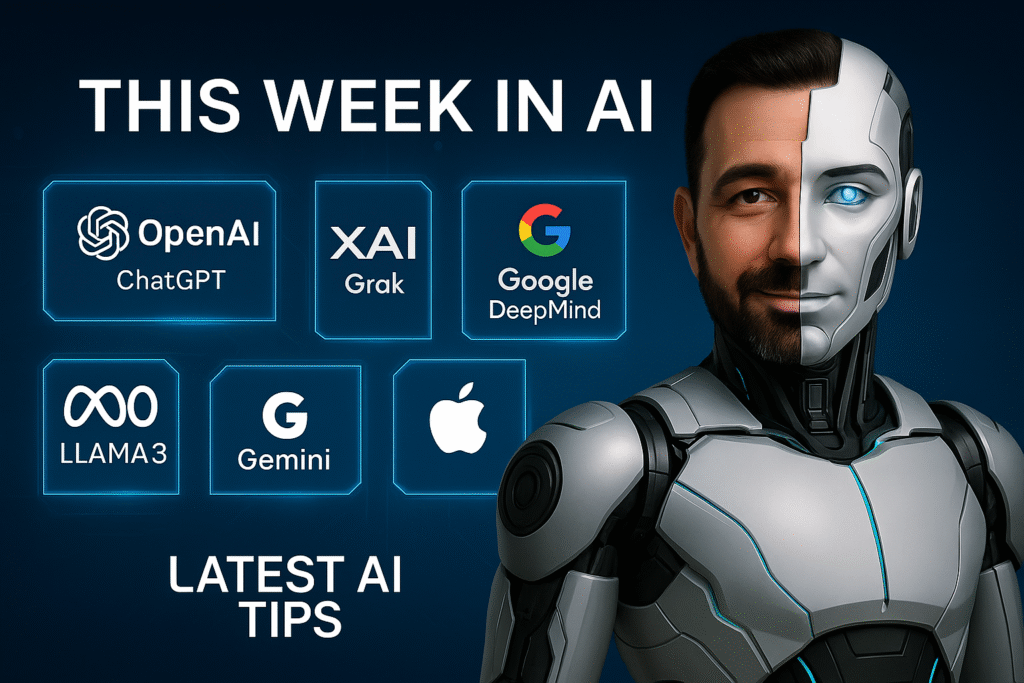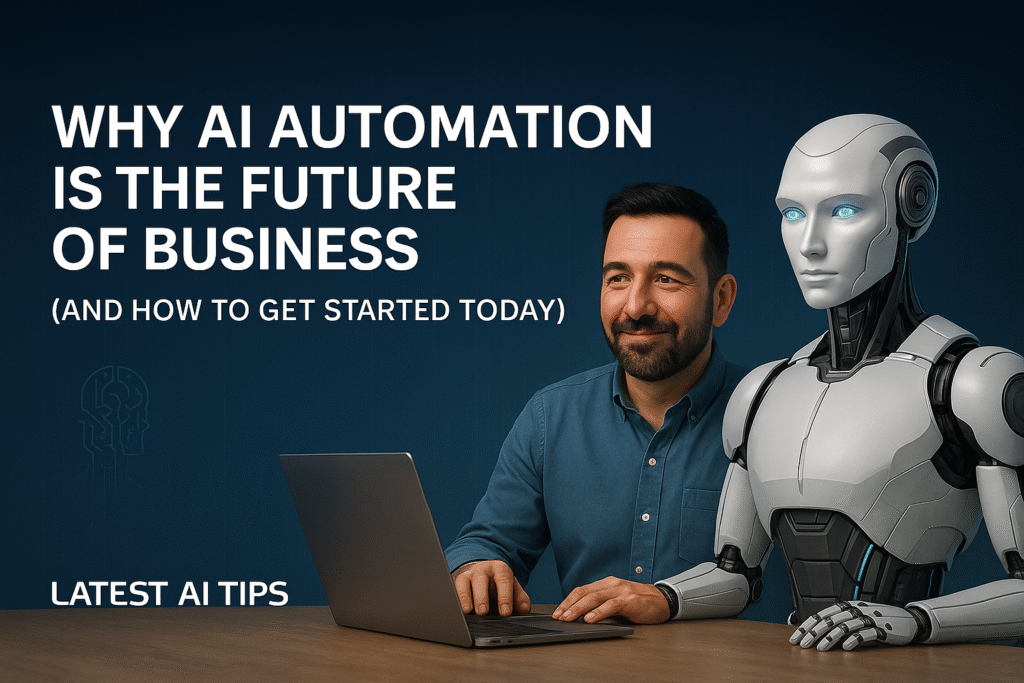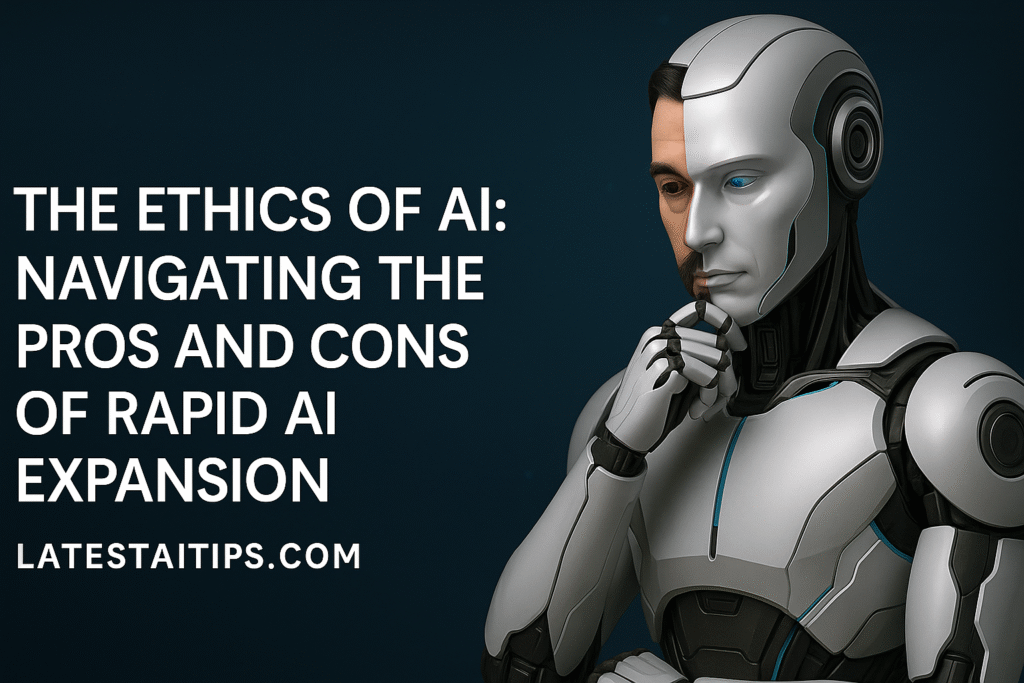Your friendly update from the frontlines of Artificial Intelligence
1. OpenAI’s ChatGPT Gets a Voice – and It’s Not Just Talking, It’s Acting
This week, OpenAI rolled out some major upgrades to ChatGPT that could easily be mistaken for scenes from a sci-fi film. We’re talking full voice interaction, real-time image recognition, and faster multimodal reasoning. Users of the GPT-4-turbo model (available on ChatGPT Plus) can now converse naturally with ChatGPT like it’s their own personal assistant. It sees, it hears, and it understands.
Why does this matter? Because the line between tool and teammate is getting thinner by the day. This means more natural interfaces, faster collaboration, and yes—possibly fewer emails.
2. Meta’s LLaMA 3 Is Here—and It’s Learning to Be Human
Meta has just released LLaMA 3, its latest open-source AI model. The buzz? It’s smarter, more efficient, and being built into products across Meta’s platform, from Facebook to Instagram. Meta is also teasing its long-term ambition to develop artificial general intelligence (AGI)—the kind of AI that might one day do your job better than you.
The takeaway: Meta’s push into AGI tells us where Silicon Valley is headed, and LLaMA 3 is a serious contender in the race.
3. Elon’s Grok Is Out in the Wild—and a Bit Witty
Elon Musk’s xAI has launched Grok, its answer to ChatGPT, with a splash of humor and a lot of ambition. It’s now available to X Premium+ users, and unlike other AI assistants, Grok pulls directly from live X (Twitter) data. Expect answers that are timely, raw, and possibly laced with sarcasm.
The implications? We’re seeing a trend toward AI with personality. If you ever wished your assistant could be helpful and cheeky, Grok may be your thing.
4. Google DeepMind Doubles Down on Gemini
Gemini 1.5 is rolling out with enhanced reasoning and longer context windows, thanks to Google DeepMind’s focus on multi-step problem solving. What used to take 10 prompts and a prayer now feels more like talking to a partner that “gets it” the first time.
Why this is a big deal: Gemini’s evolution shows how fast foundation models are improving. Google wants you to use AI for planning, analysis, and writing without constantly having to retrain it on context. This is AI that remembers what you said and stays on track.
5. Apple Joins the Party—Quietly
While Apple hasn’t made the flashiest moves (yet), reports indicate it’s prepping to integrate AI into iOS 18 and its apps this year. Think smarter Siri, context-aware tools, and AI baked into everything from Notes to Photos.
Apple being Apple, it’s focusing on privacy-first AI—done locally on your device. So you get the power of AI without your data flying off to the cloud.
Final Thoughts: Why You Should Care About All This
If you run a business, create content, or just enjoy staying ahead, AI is no longer optional. This week’s announcements prove that things are evolving quickly—so quickly, in fact, that today’s “cutting-edge” will be tomorrow’s “standard feature.”
That’s why we’re here. At Latest AI Tips, our job is to break all this down for you. No fluff, no hype. Just the human way to learn AI.



